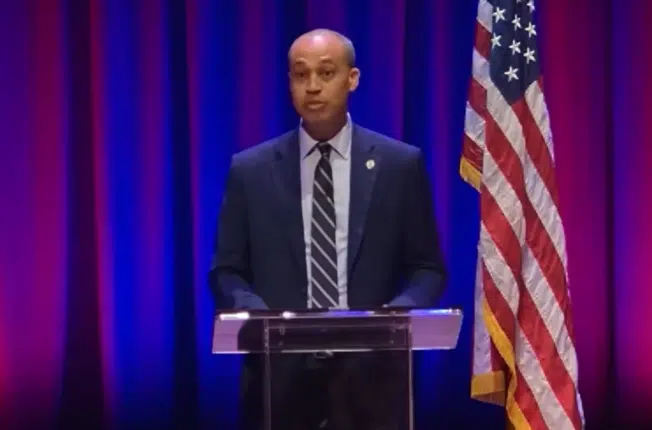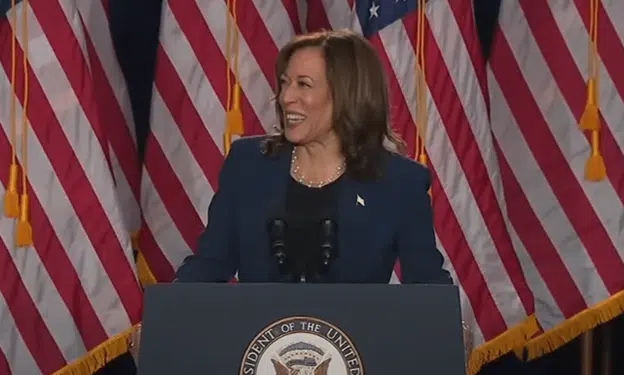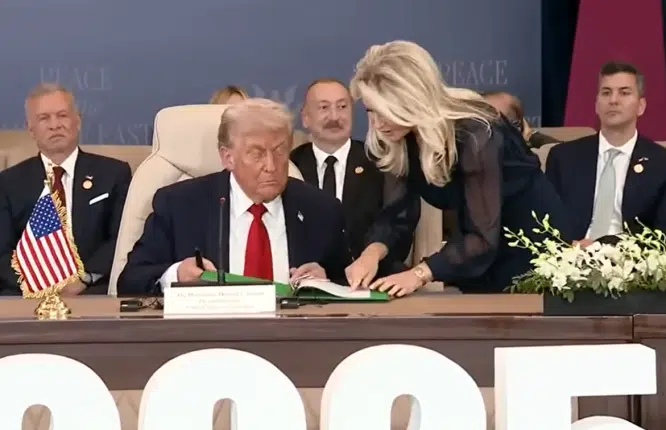By Bill Wilson — Firing a broad shot at Iran, Barack Obama on Feb. 6 issued an executive order freezing Iranian assets in the United States, including those of its central bank, enforcing provisions of the National Defense Authorization Act (NDAA). The move comes atop a third carrier group being sent to the Persian Gulf after Iran threatened to blockade the Strait of Hormuz if the U.S. imposed more sanctions over its nuclear program.
The NDAA also authorizes Obama to implement sanctions against financial transactions for oil purchases from Iran. The move to freeze financial assets indicates that Obama is preparing to implement an oil embargo on Iran, as the current action applies to state-owned oil companies. Adding to the escalation, the European Union has already voted to impose an oil embargo against Iran.
The moves are designed to deter Iran from pursuing its nuclear program. They do not appear to be working.
Shortly after the Europeans enacted their embargo, Iranian oil minister Rostam Qasemi told reporters “We will not abandon our just nuclear course, even if we cannot sell one drop of oil.”
And in a move to dodge the sanctions, India has reportedly agreed to pay for Iranian oil with gold, with China expected to follow suit. Instead of isolating Iran, it appears the sanctions are pushing the state closer to her top trading partners.
The episode harkens back to the breakdown of U.S.-Japanese relations leading to America’s entry into World War II. Then, in July 1941, the U.S. imposed an embargo on oil shipments to Japan, which was 90 percent dependent on imports. By December, Japan had attacked the nation at Pearl Harbor, and U.S. involvement in the war was assured.
Which leads to the question: Is Obama risking a war with Iran, or worse, China? China is the number one importer of Iranian oil in the world, and like Tojo’s Japan, is dependent on oil imports.
To make its embargo more effective against India and China’s dodge, will Washington next move to simply blockade all oil shipments out of Iran? And what are the likely consequences of these actions?
In an interview with NTDTV.com, Chinese general Zhang Zhaozhong has said that “China will not hesitate to protect Iran even with a third world war.” Not very surprising. In the Iran-Iraq War, Iran purchased Chinese weapons, and has been considered to be a Chinese satellite.
The Obama Administration has also accused Chinese firms of lending a hand to developing Iran’s purported nuclear weapons program. Does the Administration plan to target those as well?
It begs the question: Is the Obama Administration preparing for an attack, either by the U.S. or Israel, on Iran’s nuclear facilities? Because, it has not taken the time to develop a case for the American people to reflect on — or their duly elected representatives — who may not be considering they are on a collision course with Iran and, in the process, China.
Obama has not made a single nationally televised address on the pressing need for action against Iran. He has not been publicly pressuring the Iranian government as one would expect if military action were imminent. He has not discussed the consequences of action, or of inaction, for that matter.
The American people are being kept in the dark even as the likelihood of war appears to be increasing. Why?
Why, after over five years of the U.S. government warning of the Iranian nuclear threat and yet doing little have the powers that be suddenly decided — in an election year — that now is the time to escalate the crisis?
Is Iran suddenly closer to completing its alleged work on a nuclear weapon? If so, the Obama Administration has not issued such a warning of an imminent danger.
Few are paying attention to this emergency, although it could very soon make its way to the front pages of every newspaper, and the forefront of the national agenda.
On Nov. 25, 1941, Franklin Roosevelt’s Secretary of War Henry Stimson took notes on a War Cabinet meeting with the President, writing of the consensus at the time: “The question was how we should maneuver them [the Japanese] into the position of firing the first shot without allowing too much danger to ourselves.”
Sadly, a little more than a week later, the Roosevelt Administration, which apparently viewed war as inevitable, got its wish. Today, is the Obama Administration risking another world war? Hopefully, this crisis is offered some public scrutiny before it is too late to turn back.
Bill Wilson is the President of Americans for Limited Government. You can follow Bill on Twitter at @BillWilsonALG.







